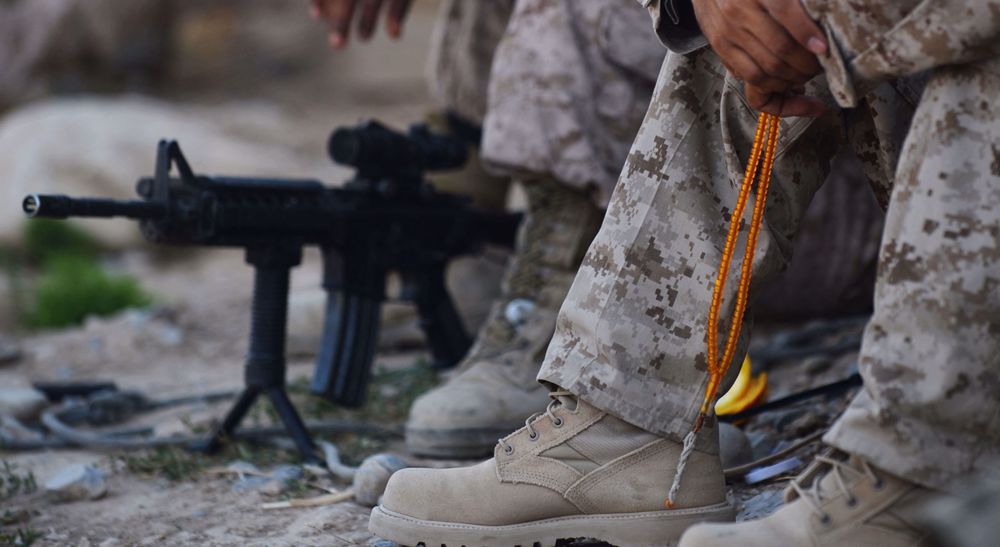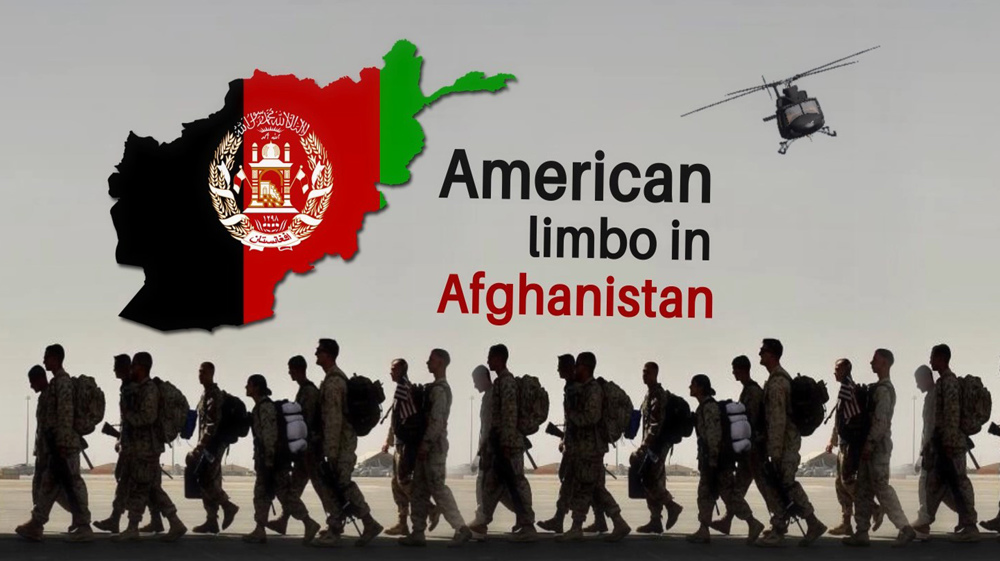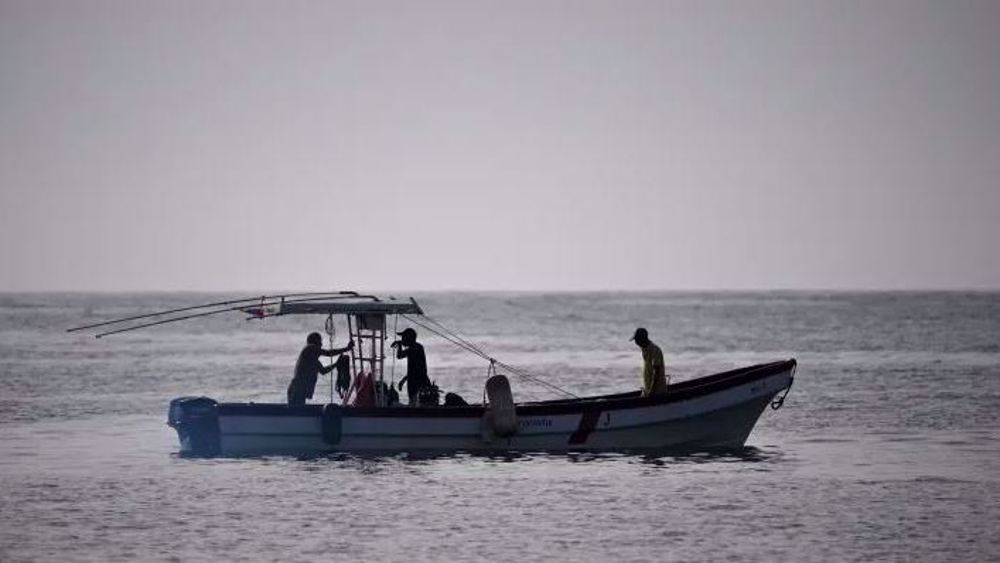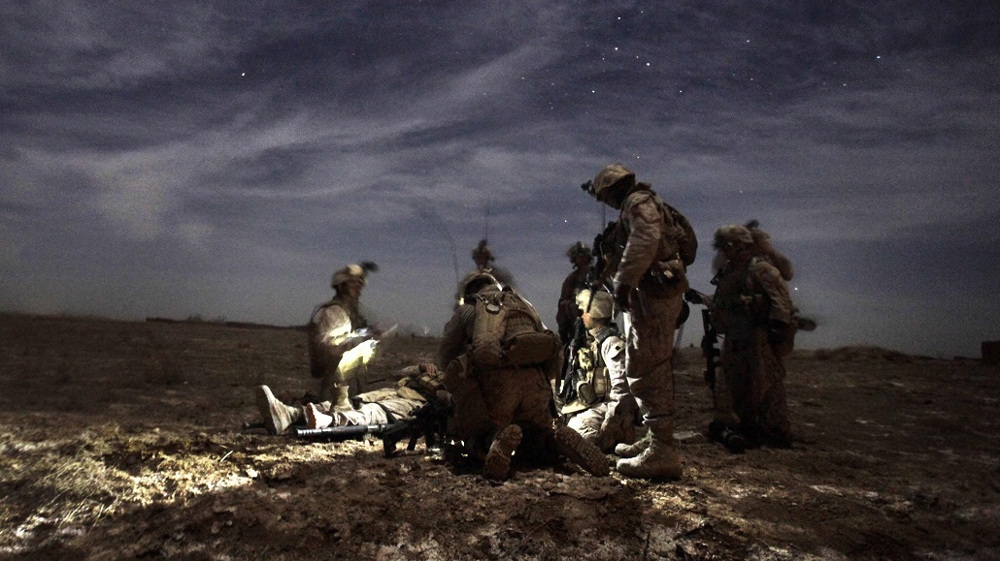US lawmakers demand details on Afghan evacuation plan
A US lawmaker has raised questions about the White House’s plan to evacuate tens of thousands of Afghan nationals who assisted the US military in its war on Afghanistan.
US President Joe Biden set September 11 as the deadline to pull out all US troops from Afghanistan.
The White House confirmed on Thursday that it would also evacuate Afghan nationals who were former interpreters, drivers and others who worked for the US military along with their families to third countries to shield them from danger in Afghanistan.
However, US lawmaker and human rights advocates have cast doubt on the Biden administration's true intentions in dealing with them.
“[T]he Biden Administration’s intention to evacuate … doesn’t mean much until they put words to action,” House Foreign Affairs Committee ranking member Michael McCaul (R-Texas) was quoted as saying.
“There are many outstanding questions, including which applicants would be prioritized for evacuation, how we would get them out of the country, where we would send them, how much it would cost and where the money to come from, just to name a few. And that doesn’t even mention the clock that is ticking on our time on the ground,” the US lawmaker said in a statement to The Hill on Saturday.
“They need to start answering some of these basic questions if we are to believe they will actually follow through,” McCaul pointed out.
Sen. Angus King (I-Maine) called for speeding up the years-long visa process, warning that US troops will leave Afghanistan on the scheduled deadline in three months, leaving the Afghan workers without US military forces protection.
“There's a mismatch there. We've got to take steps to protect these people,” he said on Thursday.
“The Taliban has made no secret of the fact that they are in grave danger,” King insisted. “They have already started killing them. If we leave without providing for the safety of those people, providing them a way to maintain their lives, it will be a stain on this country that will exist for generations.”
Immigration advocates have raised similar questions as to the fate of the Afghans who helped US forces, and now without the US military to protect them face possible retribution by the Taliban.
Sunil Varghese, policy director of the International Refugee Assistance Project, said the so-called Special Immigration Visa (SIV) to the United States promised to these Afghan workers could take years to process, and eventually their visas could be denied to them.
“There's a big question as to what happens to someone who is evacuated and then stuck in this years-long process, and what happens if they’re denied in error or forced to reapply,” Varghese said, adding, “If they’re in American territory they have access to humanitarian protections through immigration court or elsewhere where there are other protection pathways.”
However, he noted, “We don't know what that looks like if they are taken to a third country.”
VIDEO | Eurovision boycott movement over Israel support gains momentum
VIDEO | Cubans rally in Havana to decry US policy on Venezuela
VIDEO | Tunisian million-signature campaign against normalization with Israel
‘Eurovicious no more’: UN Rapporteur welcomes European Eurovision boycott
100 abducted Nigerian students freed, over 160 remain missing
Hamas signals 'comprehensive approach' in second‑phase Gaza truce talks
VIDEO | Trump derangement syndrome
VIDEO | US plan for ‘Preeminence’ in Western Hemisphere












 This makes it easy to access the Press TV website
This makes it easy to access the Press TV website